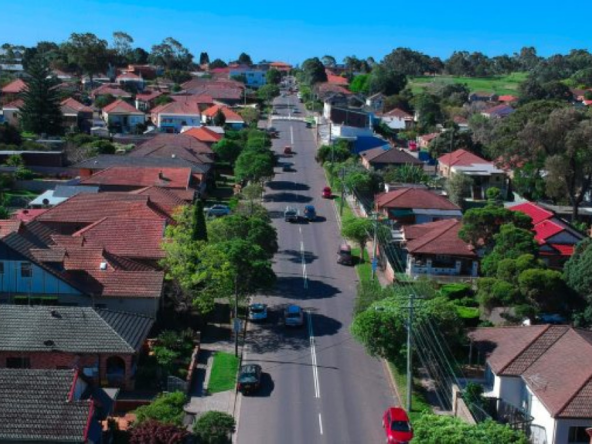Housing is one of the primary needs of any human being worldwide. Reports from Senior Property states that it’s challenging to purchase a house in Zimbabwe due to the high cost of settling the mortgage loan. Research shows that for one to acquire the least newly build the house in the urban, one has to pay $99 per month to settle the loan. The Housing Finance Africa depicts that, for one to have a new house at a low cost in the urban, it would averagely cost $ 18000 in Zimbabwe. The high price makes it less affordable to most of the citizens of the country.
Centre for Affordable Housing Finance Africa’s (CAHF) executive director stated that there is a broader gap between what ‘affordable’ the price of a house and the average price that one can be able to pay. Research has it that almost three-quarters of Zimbabwe urban dwellers can’t afford to pay mortgage loans at current terms and condition of the lenders. Zimbabweans housing backlog is 125 million units for those leaving in the metropolitan area.
According to CAHF, the ability to afford a house needs cost should be faced in three different ways, and there is a need for investors to acquire to scale towards reaching the available opportunities easily. Real Investment Trust (REITs) tends to give the right platform by connecting the investments with the investors into firm offers, cooperates like savings, vehicles that lessens the ability to afford a house through reasonable terms which tend to redistribute ownership and management.
REITs have the equal distribution of sources of funds hence redirecting them into one pool of real estates that goes beyond the ownership of a few people. However, REIT working ethics gives room to the proper ways of dealing with taxation hence helping in increasing the profit distribution.
Those with white color jobs are facing the same fate like the other citizens in Zimbabwe on affording the necessary houses irrespective of how long they have been employed. Saving depletions which lead to the dollarization in 2009 has made it hard for the formal workers in accessing decent houses. Banks also charge higher interest rates of about 25% making it hard to take a mortgage.
The shortage of money in 2016 tampered with the Zimbabwean economy leading to high job retrenchment rates which messed with the disposal income hence increase in poverty and this has affected the ability of one to purchase a house and low house also.
In Africa, Morocco has the cheapest mortgage loan rates at $46 monthly while the Democratic Republic of Congo has the highest at about $281 per month.




